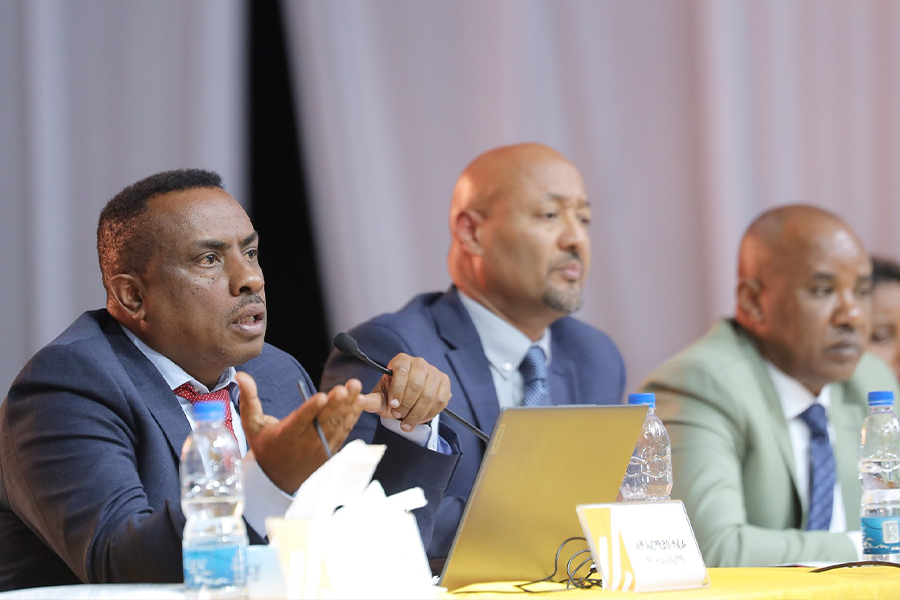
Mar 18 , 2023
By MUNIR SHEMSU ( FORTUNE STAFF WRITER )
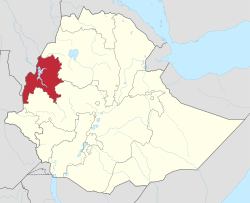
Consumers in the Benishangul-Gumuz Regional State feel the pinch of a high cost of living, exacerbated by the logistical challenges of importing goods from neighbouring states.
The passage through Wellega Zone in the Oromia Regional State has become precarious for drivers due to conflict, forcing them to traverse an additional 200Km through Bahir Dar in Amhara Regional State, adding to the costs of goods, according to residents there.
A consumer price index (CPI) analysis for 2021/22 revealed that Benishangul-Gumuz is the most expensive state to live in, while Oromia Regional State and Dire Dewa city lag behind. Although declining inflation trends are observed across most regional states, food and non-alcoholic beverage prices remain a significant driver of overall inflation rates in Ethiopia.
Residents of the Benishangul-Gumuz state feel the most impact of high prices on their daily lives.
At 120 Br, a litre of petrol costs twice as much in Benishangul-Gumuz as in other regional states. A piece of injera was sold for 20 Br way before it got to the same level in other regions of the country; a price of a kilogram of onions is nearly three times its going rate, retailing for 90 Br in Benishangul-Gumuz.
"We've been barely scraping by," said Wehib Seyoum, an economics lecturer at a state university in the region, who has lived in Assosa, the seat of the regional state, for nearly a decade. "The past two years have been daunting."
Belaynew Legesse, who moved from Bahir Dar to pursue higher education at Assosa University, has observed the price of nearly everything double or triple in his four-year stay. A bus ticket from his hometown that used to cost 300 Br when he first moved is now priced at 1,500 Br.
"It feels like paying for a plane ticket," said Belaynew.
The cost of living in Benishangul-Gumuz is far higher than in other regions, making it extremely challenging for many residents to make ends meet. It is attributed to the logistical adversities of importing goods into the region, which adds to the cost of goods. The security issues and logistical hurdles add to the cost of delivering goods between regions, according to Atlaw Alemu (PhD), an economist at Addis Abeba University.
Last year, the highest non-food inflation was observed in Oromia (10.1pc), followed by Dire Dewa (10.2pc) and Benishangul-Gumuz (12.1pc), while the lowest was recorded in the Southern regional state (3.2pc). This year, Dire Dewa city recorded the highest non-food inflation of 11.2pc, reflecting the rising cost of living in the region.
"Simple living is a folktale these days," said Abenezer Bansiraga, a motor-powered rickshaw driver providing public transport services in Dire Dawa.
While residents report a high cost of living, the Ethiopian Statistics Services (ESS) released data that shows a decrease in inflation rates across most regional states, contributing to a lower cost of living. Despite popular perception, an analysis of the CPI revealed that most regional states had experienced a decline in food and non-alcoholic beverage prices this year compared to 2021/22. The drop in food prices could be attributed to improved agricultural production and better distribution systems.
Non-food inflation varies significantly among the states, which regional economic activities, supply and demand dynamics, or other localized factors may influence.
Consumers, however, report skyrocketing prices on essential goods, with some postponing purchases to cope with the financial strain.
Maru Bonte from Langano in the Oromia Regional State claims to have postponed buying 'teff' after learning that a quintal goes for 9,000 Br. A few kilometers farther, residents of Zeway town report a significant rise in the price of commodities.
One of these residents is Solomon Bekele, who has made Zeway his residence for over a decade. He observed that the cost of living rises in all aspects, with goods making their way from the capital proving to be the most expensive. A kilogram of onion costs close to 34 Br in the town, while a visit to the local butchery for a kilogram of raw meat costs close to 800 Br.
Despite these reports, inflation moderated in February, with the year-on-year consumer index falling by 0.2 percentage points and the general inflation rate dropping to 33.2 percent. Food prices have registered an inflation rate of 35.2 percent.
However, some experts remain sceptical of the data, arguing that the mismanagement of monetary policy is the root cause of general inflation. According to the economics lecturer Atlaw, monetary policy is the primary cause of inflation, while variations among regions are usually supply-driven.
While sporadic conflicts and logistical issues add to the cost of delivering goods between regions, Atlaw argues that the central bank should be independent of politics in exercising its powers to combat general inflation.
PUBLISHED ON
Mar 18,2023 [ VOL
23 , NO
1194]

Agenda | Jan 18,2020

Radar | Nov 24,2024
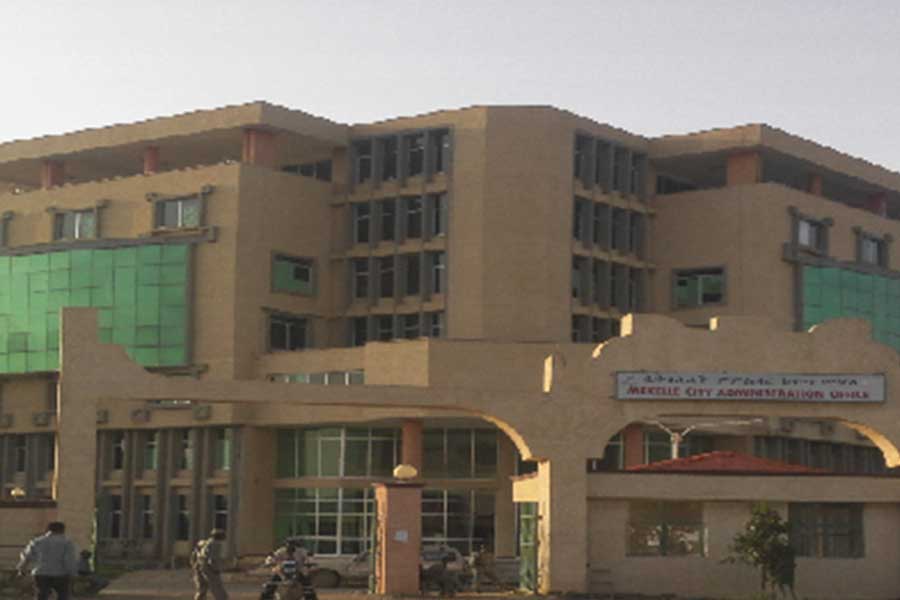
Fortune News | Aug 22,2020
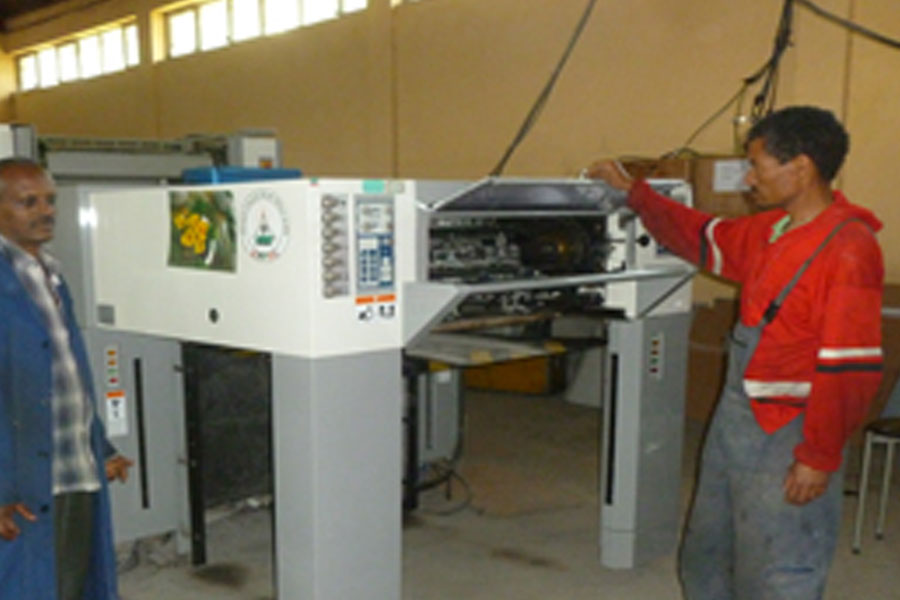
Fortune News | Feb 16,2019
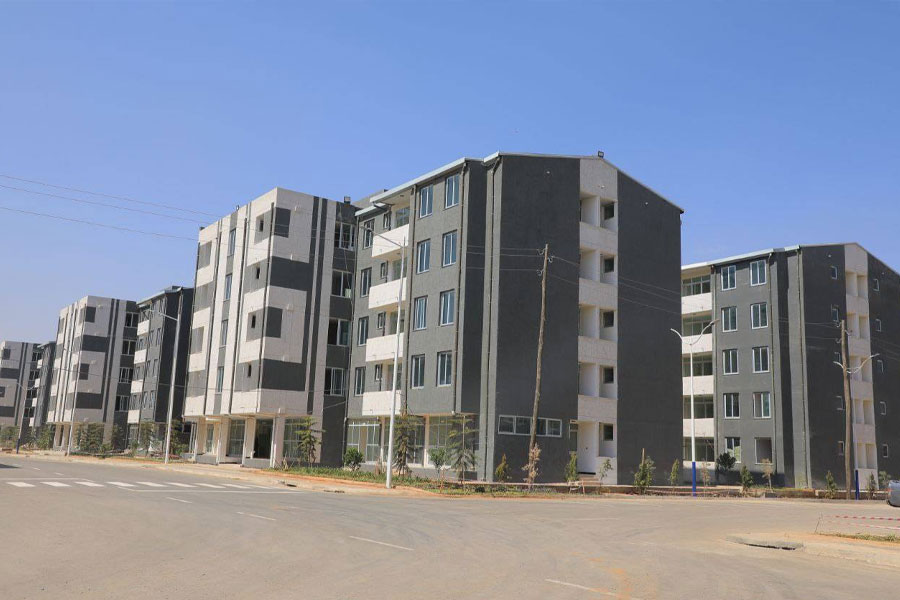
Radar | Feb 03,2024

Fortune News | Jul 08,2023

Advertorials | Jun 12,2023

Fortune News | Jun 20,2025

Radar | Feb 17,2024
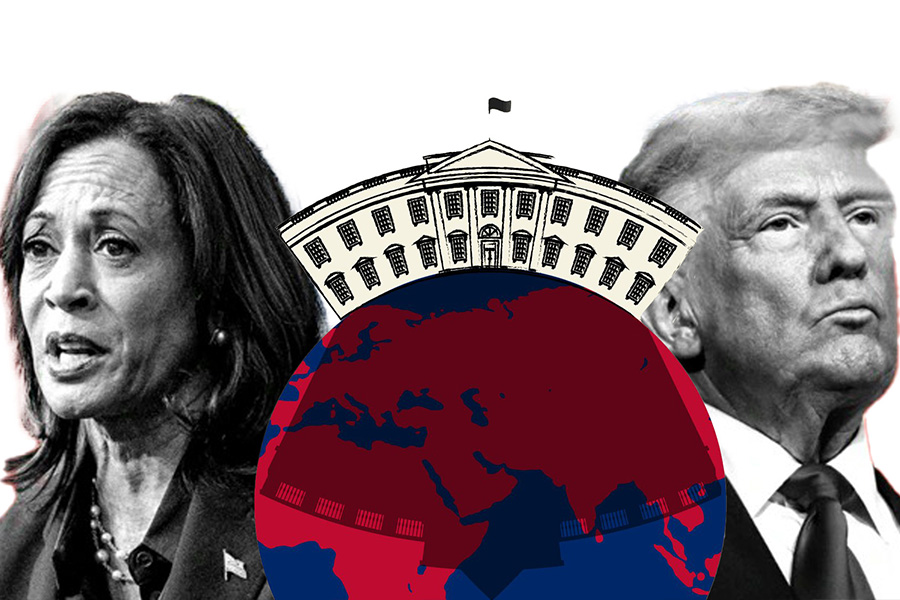
View From Arada | Nov 02,2024

Dec 22 , 2024 . By TIZITA SHEWAFERAW
Charged with transforming colossal state-owned enterprises into modern and competitiv...

Aug 18 , 2024 . By AKSAH ITALO
Although predictable Yonas Zerihun's job in the ride-hailing service is not immune to...

Jul 28 , 2024 . By TIZITA SHEWAFERAW
Unhabitual, perhaps too many, Samuel Gebreyohannes, 38, used to occasionally enjoy a couple of beers at breakfast. However, he recently swit...

Jul 13 , 2024 . By AKSAH ITALO
Investors who rely on tractors, trucks, and field vehicles for commuting, transporting commodities, and f...

Oct 25 , 2025
The regulatory machinery is on overdrive. In only two years, no fewer than 35 new pro...

Oct 18 , 2025
The political establishment, notably the ruling party and its top brass, has become p...

Oct 11 , 2025
Ladislas Farago, a roving Associated Press (AP) correspondent, arrived in Ethiopia in...

Oct 4 , 2025
Eyob Tekalegn (PhD) had been in the Governor's chair for only weeks when, on Septembe...